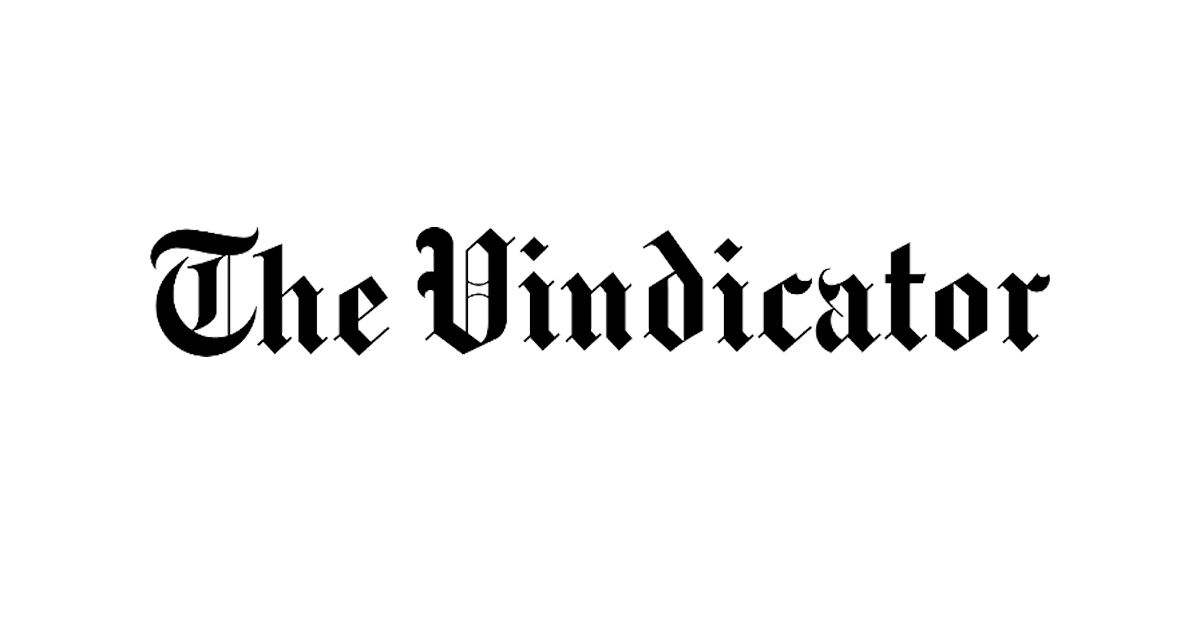
My kids think I’m a genius.
In truth, I probably sound a lot smarter than I really am.
Thanks, Wikipedia.
My “smart dad” charade has been tested lately. Like many parents, I’m forced to be a pseudo-homeschool teacher’s assistant, answering endless questions about second-grade social studies, fifth-grade science and seventh-grade math.
Honestly, some of the questions I get make Common Core look like, well, the ABC’s.
I’m thankful our 10th-grader learned long ago that, no, Dad is not “smarter than a fifth-grader.” She’s a very perceptive 15-year-old.
Truth is, I’m just not very good at rote knowledge. Memorizing a periodic table seems like ancient history now, and it wasn’t going to help a guy who teaches about media and communication anyway. Yes, I know now that it wasn’t about remembering the elements. It was about developing strategies for learning.
I love to learn. I still try to memorize poems, maps, even the order of the planets and their moons. In some strange way, the questions my kids ask actually make me want to learn more about the world — how they learn about it, see it and live in it.
So, while some facts I learned long ago might not have stuck, I did learn one important strategy early in life: how to research. I learned how to find answers and check their validity.
It was for these reasons that I fell in love with Wikipedia. Around 2002, my fellow graduate students started using it for research, fascinated by how quickly we found answers. For us, it was also a way to link to other scholars and trusted information.
We were quickly discouraged by “old guard” professors who treated with suspicion any information we uncovered on the internet. And rightly so. Some Wikipedia entries in the early days were known to have factual errors. So we avoided citing Wikipedia in assignments, but it still served as a springboard to ideas and reputable sources.
Now, almost two decades later, it’s the top platform for finding out about people, places and things. There are millions of Wikipedia users and bots scouring entries for errors, correcting misinformation, flagging potential problems for review.
Search for anything on Google and you’ll find a Wikipedia link in the top results. While writing this column, I searched for “Wikipedia” and voila, a link to Wikipedia’s own entry appeared, complete with its founding date, creators and how they created the name for the online encyclopedia.
I feel guilty about using Wikipedia some days, but not for the reasons you might suspect. See, we use it every day for free, but it’s actually a nonprofit, reliant on the generosity of donors. So today I gave $50 to the Wikimedia Foundation.
It’s not much. Considering how much we use it, Wikipedia is worth a hundred times more to my family.
Last night, my kids were asking tough homework questions from the dining room. From the living room, I did quick searches. There were slight pauses, but they thought my brain was just sorting through the vast collection of facts I’ve accumulated over the years.
Invariably, Wikipedia results appear. I shouted the answer from the other room.
“Thanks, Dad,” they said.
I whispered, “Thanks, Wikipedia.”
To donate to Wikipedia, go to https://wikimedi afoundation.org/
Dr. Adam Earnheardt is a professor of communication at Youngstown State University. Follow him on Twitter at @adamearn and on his blog at www.adamearn.com.
"smart" - Google News
November 08, 2020 at 12:39PM
https://ift.tt/3pb5VTy
Help keep Wikipedia free so we can be smart - Youngstown Vindicator
"smart" - Google News
https://ift.tt/2P2kUhG
https://ift.tt/3febf3M
Bagikan Berita Ini














0 Response to "Help keep Wikipedia free so we can be smart - Youngstown Vindicator"
Post a Comment